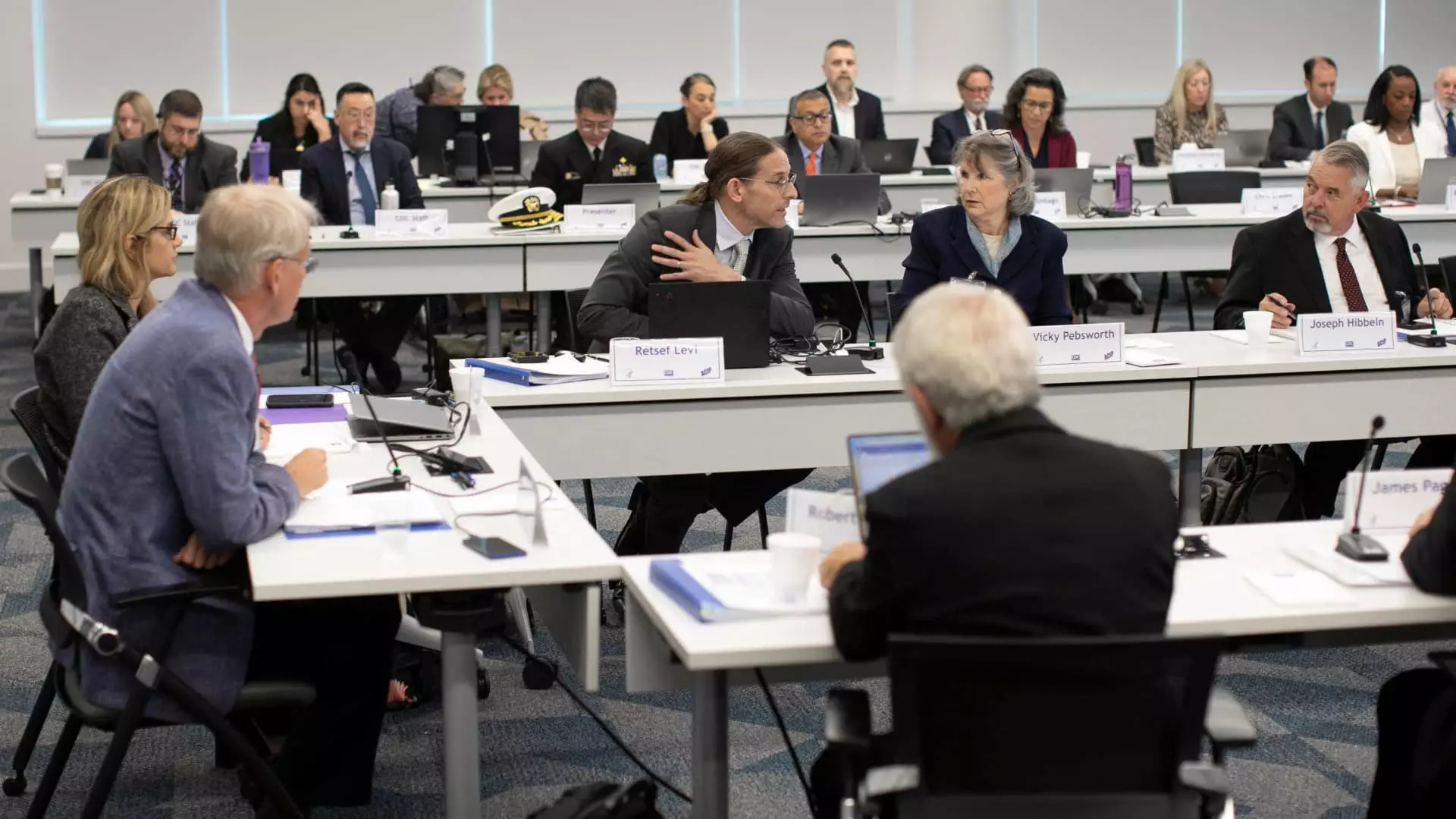Recent developments in the United States’ approach to COVID-19 vaccination have signaled a troubling departure from the proactive, unified messages that once guided public health efforts. Instead of advocating for broad, universal vaccination, policymakers have veered toward a model rooted in individual decision-making. This paradigm shift undercuts the foundational principle that vaccination is a communal responsibility meant to protect the most vulnerable and curb the spread of the virus. When government health authorities recommend that Americans consult their healthcare providers rather than endorsing a standardized, nationwide vaccination strategy, it subtly—yet significantly—erodes public confidence. It plants seeds of doubt about the safety, efficacy, and necessity of these vaccines by portraying them as optional or secondary rather than essential tools in managing a public health crisis.
This softened stance, especially when backed by panels like the CDC’s Advisory Committee on Immunization Practices (ACIP), appears to serve interests beyond science and health. It feeds a narrative that vaccination decisions are complex, nuanced, and ultimately personal, which, in a climate of misinformation and politicization, can lead to confusion and hesitancy. When policymakers emphasize “shared clinical decision-making,” they inadvertently suggest that the scientific consensus could be ambiguous or uncertain. Such language, while seemingly accommodating individual autonomy, risks watering down the clear public health message that vaccination remains a critical, lifesaving intervention—particularly for high-risk populations.
The Impact of Political Influences and Appointments
The recent appointments made by Robert F. Kennedy Jr., a figure known for his critical stance toward mRNA vaccines, have cast a long shadow over the credibility and objectivity of vaccine advisory panels. By stacking the committee with critics and skeptics of the established COVID-19 vaccine paradigm, Kennedy has sown distrust and introduced explicit political biases into an area that should be driven solely by scientific evidence. This undermines the credibility of the recommendations and diminishes the authority of public health institutions. When several panel members openly questioned the safety and efficacy of mRNA technology—an approach supported by countless rigorous studies—the public is left with the perception that vaccine science is still unsettled or fragile.
This political maneuvering fuels skepticism at a time when accurate and consistent messaging is most needed. The fact that some states are now independently choosing to recommend broader vaccination, contradicting federal guidance, further complicates the landscape. Fragmented policies across states only add to public confusion, leading to disparities in protection and opening a fertile ground for vaccine hesitancy. Ultimately, the politicization of vaccine recommendations interferes with the principled goal of safeguarding public health, replacing evidence-based guidance with factional interests.
The Consequences for Public Health and Social Cohesion
Relaxing vaccine recommendations during a pandemic has grave implications, not only for individual health but for societal cohesion and trust in institutions. Reports and studies indicate that maintaining universal vaccination policies—covering all age groups and risk profiles—could have prevented thousands of hospitalizations and deaths. By shifting away from this approach, the U.S. risks prolonging the pandemic, increasing the burden on healthcare systems, and dividing communities over perceived vaccine importance.
Further compounding this issue is the wavering narrative around vaccine safety and efficacy. While vast amounts of data affirm that COVID-19 vaccines, particularly those utilizing mRNA technology, are safe and effective, the political and media environments have often overshadowed this scientific consensus. This eroded trust makes it easier for misinformation and conspiracy theories to flourish—undermining national efforts to achieve herd immunity. The consequence is a polarized public increasingly reluctant to receive what they’re told are essential health interventions, thus perpetuating cycles of preventable disease and preventing equitable health outcomes for all demographics, especially vulnerable populations.
Why the Center-Left Approach Must Act Decisively
From a centrist liberal perspective, it is clear that the current trajectory presents a dangerous path punctuated by distrust, political interference, and a retreat from science-based public health. It is imperative that health authorities reaffirm their commitment to universal vaccination, emphasizing its role not merely as a personal choice but as a social responsibility rooted in collective well-being. The goal should be to restore the integrity and clarity of health communications—removing the ambiguity that now clouds the vaccination landscape.
Supporting transparency, emphasizing the overwhelming scientific consensus on vaccination safety and efficacy, and resisting political interference are crucial steps. Public health policies must prioritize evidence-based guidance that encourages widespread immunization, particularly among high-risk groups, without complicating the process with over-bureaucratic hurdles or politicized recommendations. Only through such a balanced, thoughtful approach can trust be rebuilt, and a cohesive strategy that protects everyone—regardless of political affiliation or personal skepticism—be restored.
By doing so, the U.S. can reassert its commitment to science and community health, avoiding further fragmentation in its vaccination efforts and ensuring that the nation does not slide further into preventable health crises driven by discord and misinformation.

